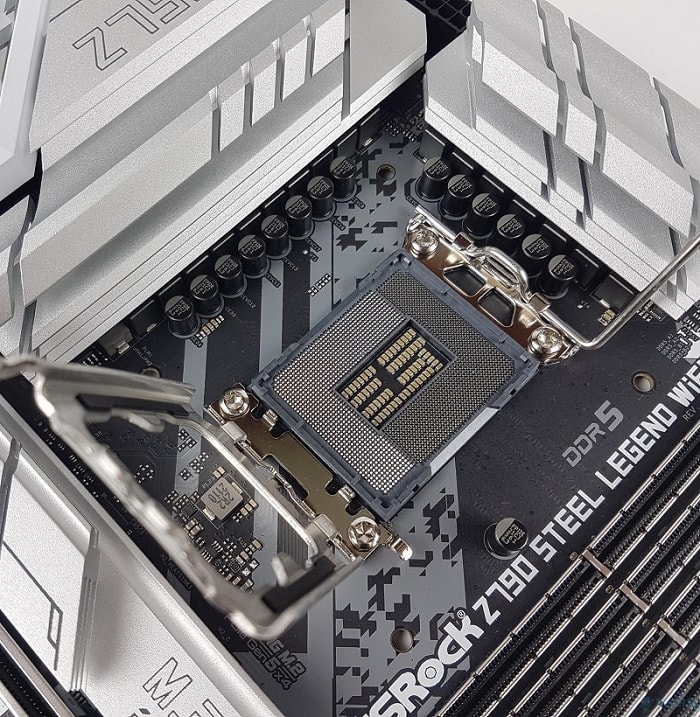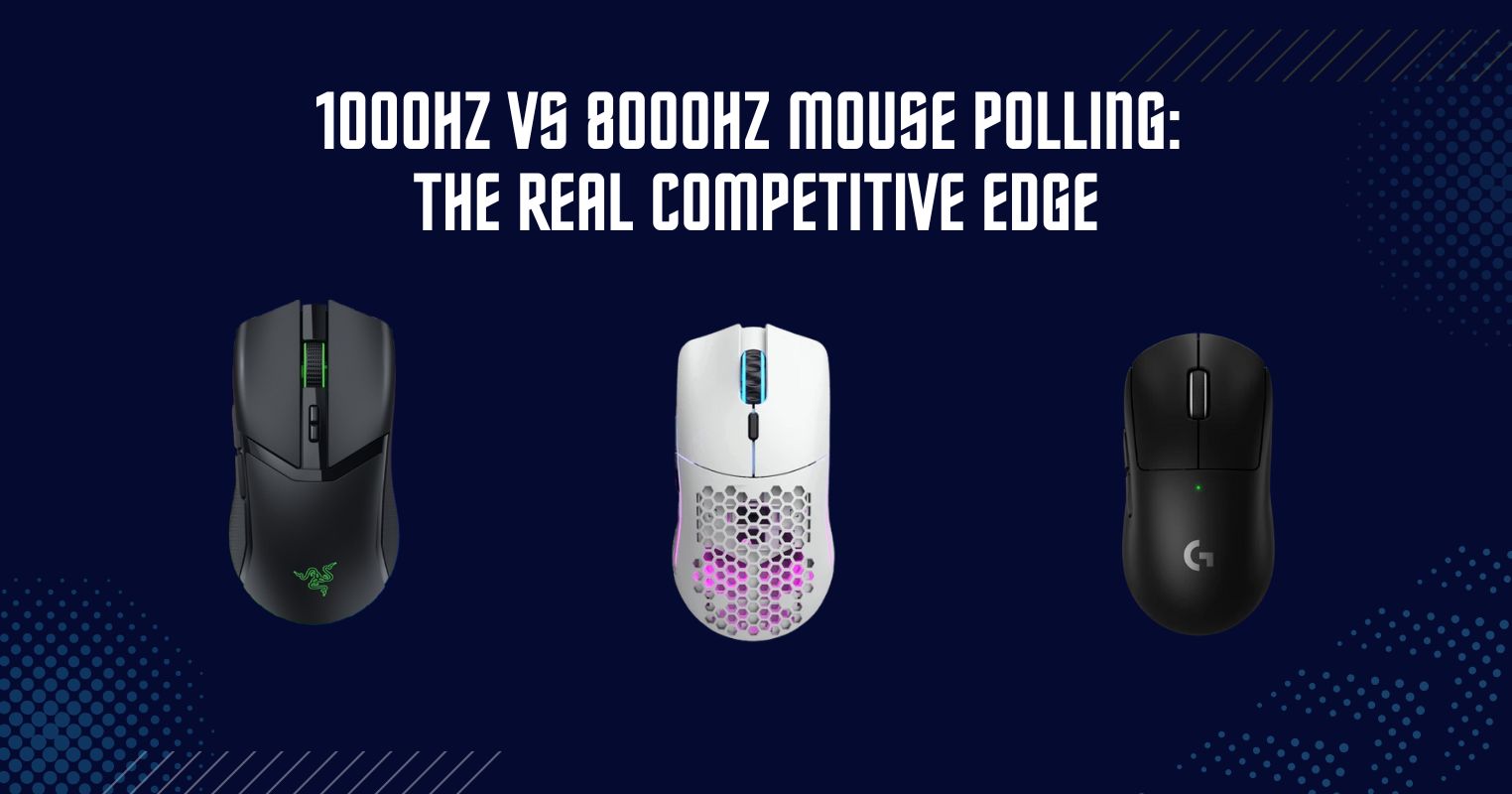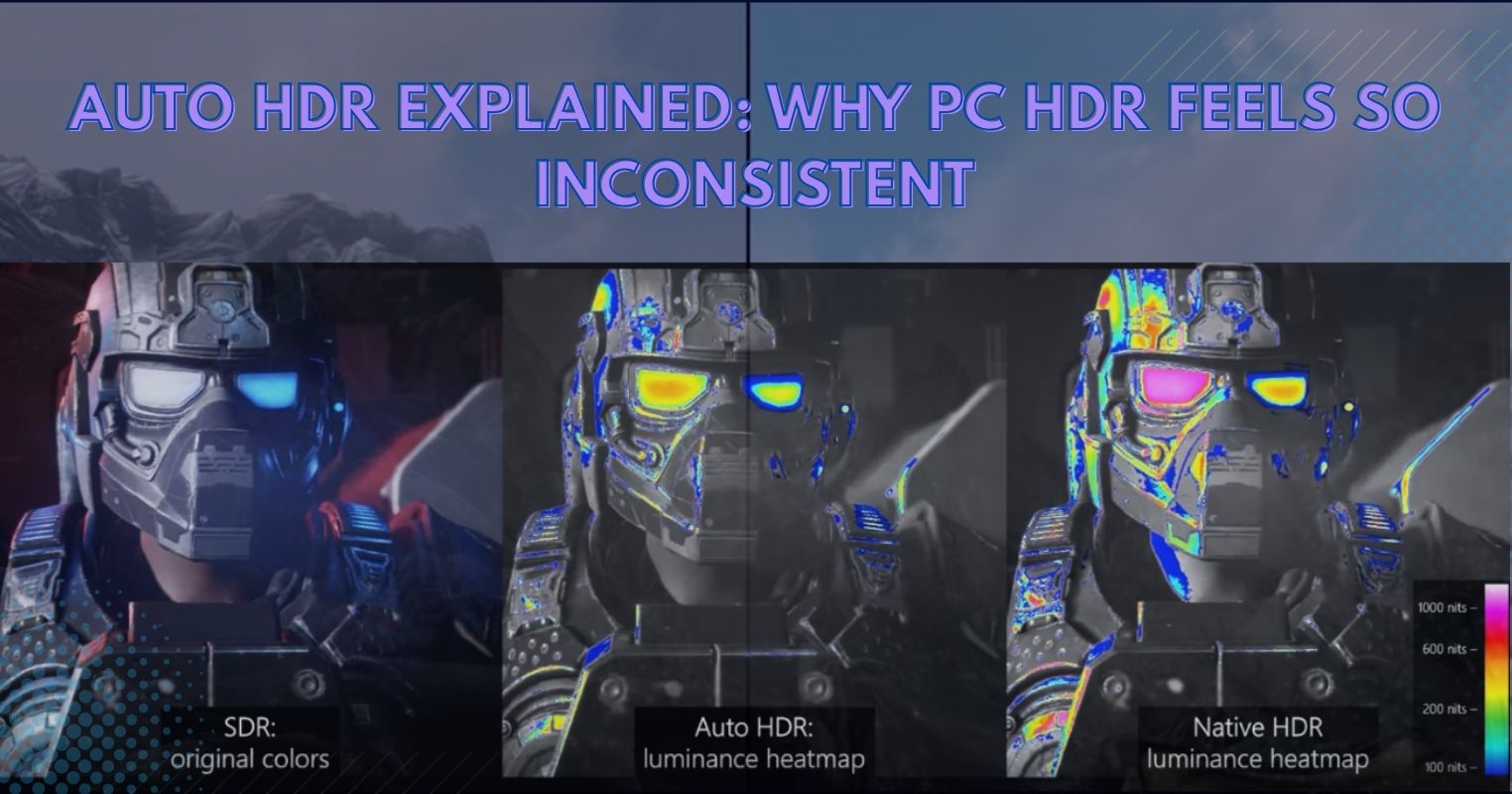- LGA 1700 PCs based on DDR4 Memory are your best bet in 2024 if affordability is your main concern.
- LGA 1700 Rigs based on DDR5 RAM are the worst choice from a future-proofing perspective.
- Waiting for Intel’s 15h Generation Intel CPUs is a no-brainer if you have the patience (and money).
We’re well into the second quarter of 2024, eagerly anticipating the hyped-up release of Intel’s 15th Gen Processors, which have been rumoured to usher in a brand new era of computing power for Team Blue, on top of a redesigned CPU Socket, which should see Intel drop support for DDR4 Memory entirely for good. It was fun while it lasted.
But hey, you’re reading this article while you sit on the verge of splurging for the jump to a revamped gaming PC based on LGA 1700, i.e., the current CPU Socket employed by Intel’s 14th Generation lineup of ‘Raptor Lake Refresh’ CPUs, as well as the 13th Generation ‘Raptor Lake’ and 12th Generation ‘Alder Lake’ Processors before it.
Worried that you might make the wrong move by acting rashly and giving in to the fad by springing for the flashy new CPUs? Or maybe you’re fretting over the fact that you might go down the path of IBM or Nokia and end up being too late to adopt the new technological standards.
Sit back and relax because I’ve got you covered. I’ll get into the nitty-gritty details of why LGA 1700 makes sense at this point in time, but also why some of you might just want to hold off for a few more months.
The Basics

Intel’s 12th Generation of Processors codenamed ‘Alder Lake’ introduced LGA 1700 (built on a 10nm node) as an upgrade to the outgoing LGA 1200 CPU Socket that was complementary to the brand’s 10th Generation ‘Coffee Lake’ and 11th Generation ‘Rocket Lake’ CPUs that were built on a 14nm node.
The main hallmark feature of LGA 1700 was that it supported both DDR4 and DDR5 RAM, but not at the same time. Users had the choice of choosing between alternate variants of motherboards depending upon which type of memory they wanted to pair it with.
That being said, it was only inevitable before manufacturers started producing the highest end LGA 1700 motherboards for PCs based on DDR5 RAM only as DDR4 RAM was seen as the ‘budget’ choice, and as such, DDR4 (LGA 1700) motherboards prioritized relative affordability and the value for money proposition as opposed to cutting-edge performance.
As such, the question begs, is it worth upgrading to an LGA 1700 PC based on DDR4 or DDR5 RAM, knowing that the CPU socket will be replaced soon with a DDR5-only socket? Let me answer that for you.
Worth It, But Only For DDR4
Assuming you spend some time looking in the right place, LGA 1700 is the way to go if you’re on a budget and want the most future-proofed PC based on DDR4 RAM. Don’t believe me? What if I tell you that you can pick up an LGA 1700 (DDR4) Motherboard for less than $70? Unbelievable, I know. Thank me later.
However, it’s the complete opposite story for performance enthusiasts who want to milk their PC for every frame it is worth while securing its longevity down the road.
![The initial stage of Intel's unveiling of the 14th Generation Raptor Lake Lineup. [Image Credits - Intel]](https://tech4gamers.com/wp-content/uploads/2024/04/Raptor-Lake-Refresh-Launch.jpeg)
LGA 1700 in 2024: My Final Word
Let’s assume two scenarios. One’s where I’ll presume you’re the budget-conscious gamer who doesn’t want to sacrifice performance at the cost of a cheaper PC.
If that’s you, you’re lucky because DDR4 Motherboards have never been cheaper, and LGA 1700 will still serve you adequately for a couple of more years before you begin to notice a significant performance differential.
On the other hand, in the second scenario, I’m presuming you’re an enthusiast who wants the best of the best and doesn’t want to worry about the lifespan of their PC a few years down the road.
If you fall into that end of the spectrum, i.e., if you’re concerned about your gaming PC running the risk of being labelled as outdated after a few more years, it’s best to put a hold on your purchase and wait for a couple of months until Intel launch their hotly anticipated 15th Generation Processors.
After all, why would you want to risk your hard-earned money on an outgoing CPU Socket if your main priority is future-proofing your PC? Some food for thought. Again, feel free to thank me later.
Thank you! Please share your positive feedback. 🔋
How could we improve this post? Please Help us. 😔
[Wiki Editor]
Ali Rashid Khan is an avid gamer, hardware enthusiast, photographer, and devoted litterateur with a period of experience spanning more than 14 years. Sporting a specialization with regards to the latest tech in flagship phones, gaming laptops, and top-of-the-line PCs, Ali is known for consistently presenting the most detailed objective perspective on all types of gaming products, ranging from the Best Motherboards, CPU Coolers, RAM kits, GPUs, and PSUs amongst numerous other peripherals. When he’s not busy writing, you’ll find Ali meddling with mechanical keyboards, indulging in vehicular racing, or professionally competing worldwide with fellow mind-sport athletes in Scrabble. Currently speaking, Ali’s about to complete his Bachelor’s in Business Administration from Bahria University Karachi Campus.
Get In Touch: alirashid@tech4gamers.com




